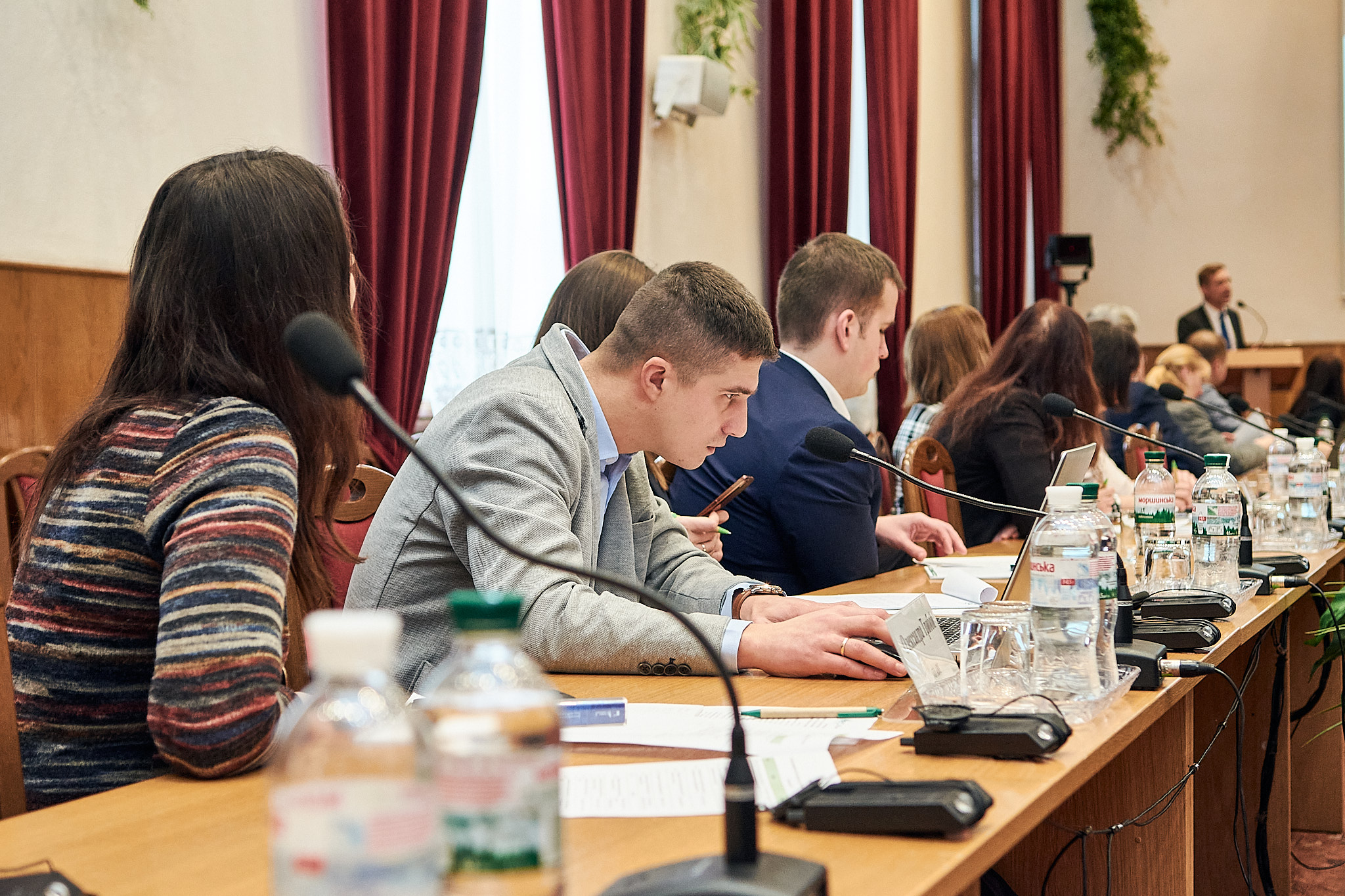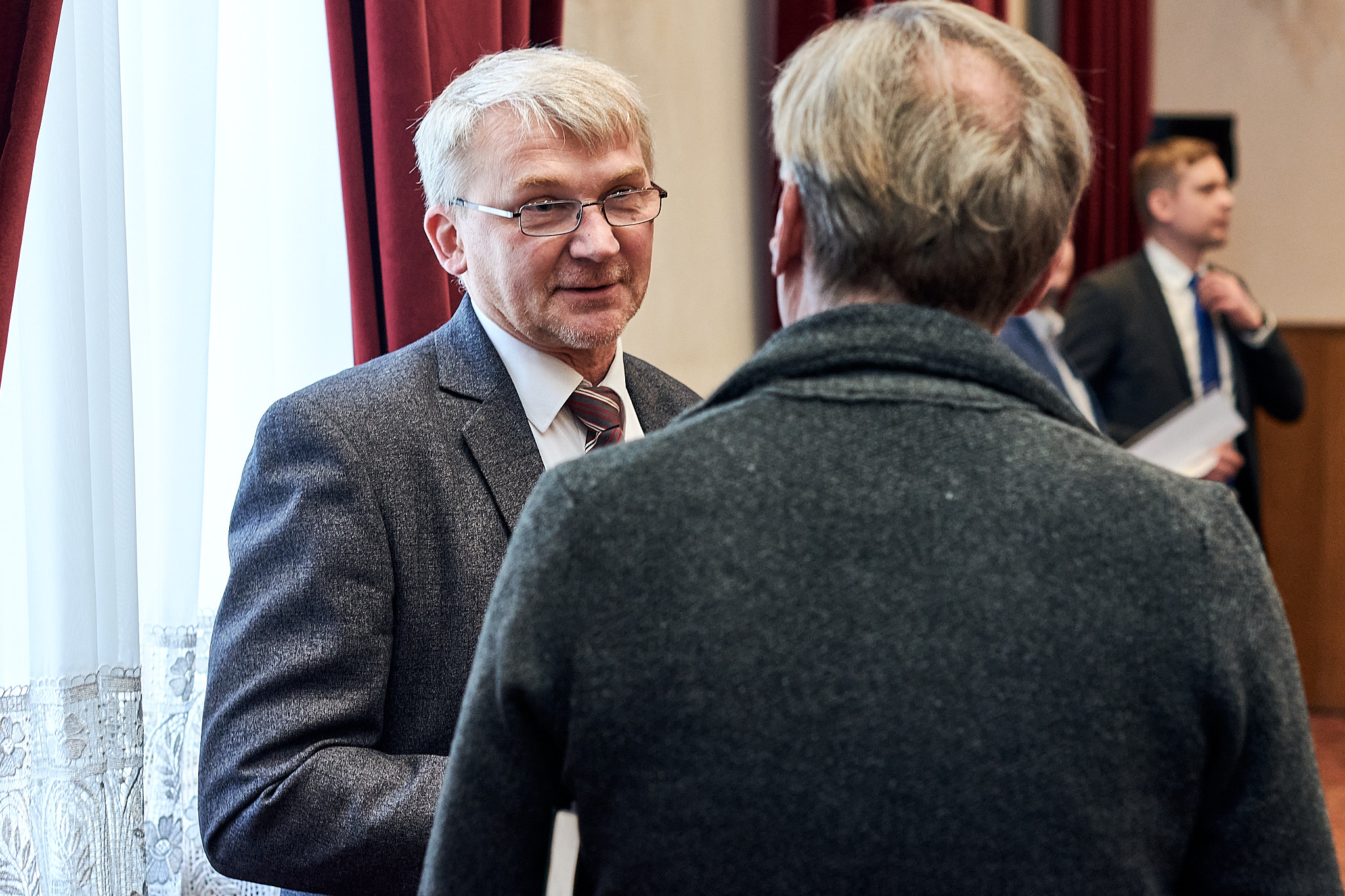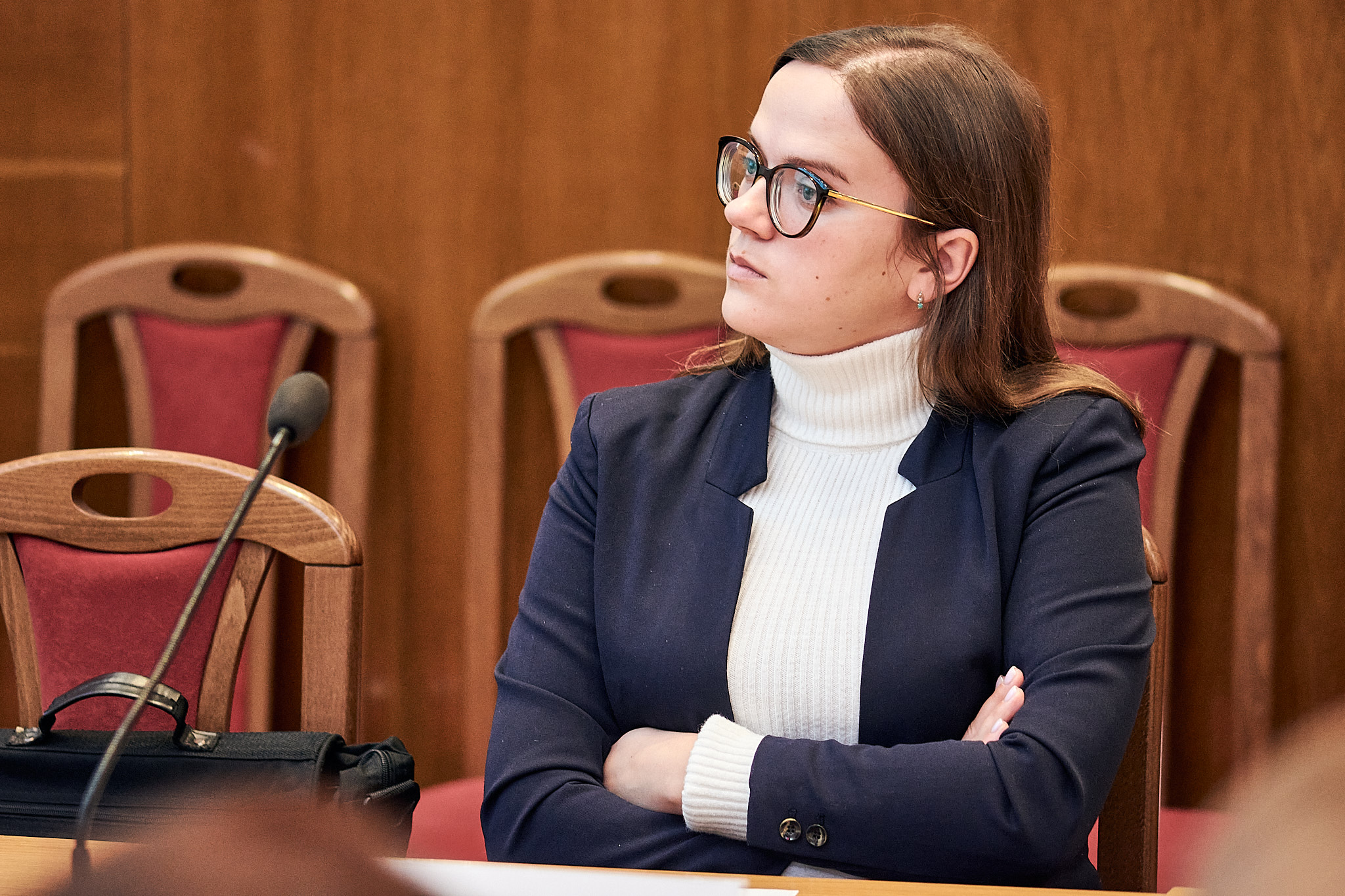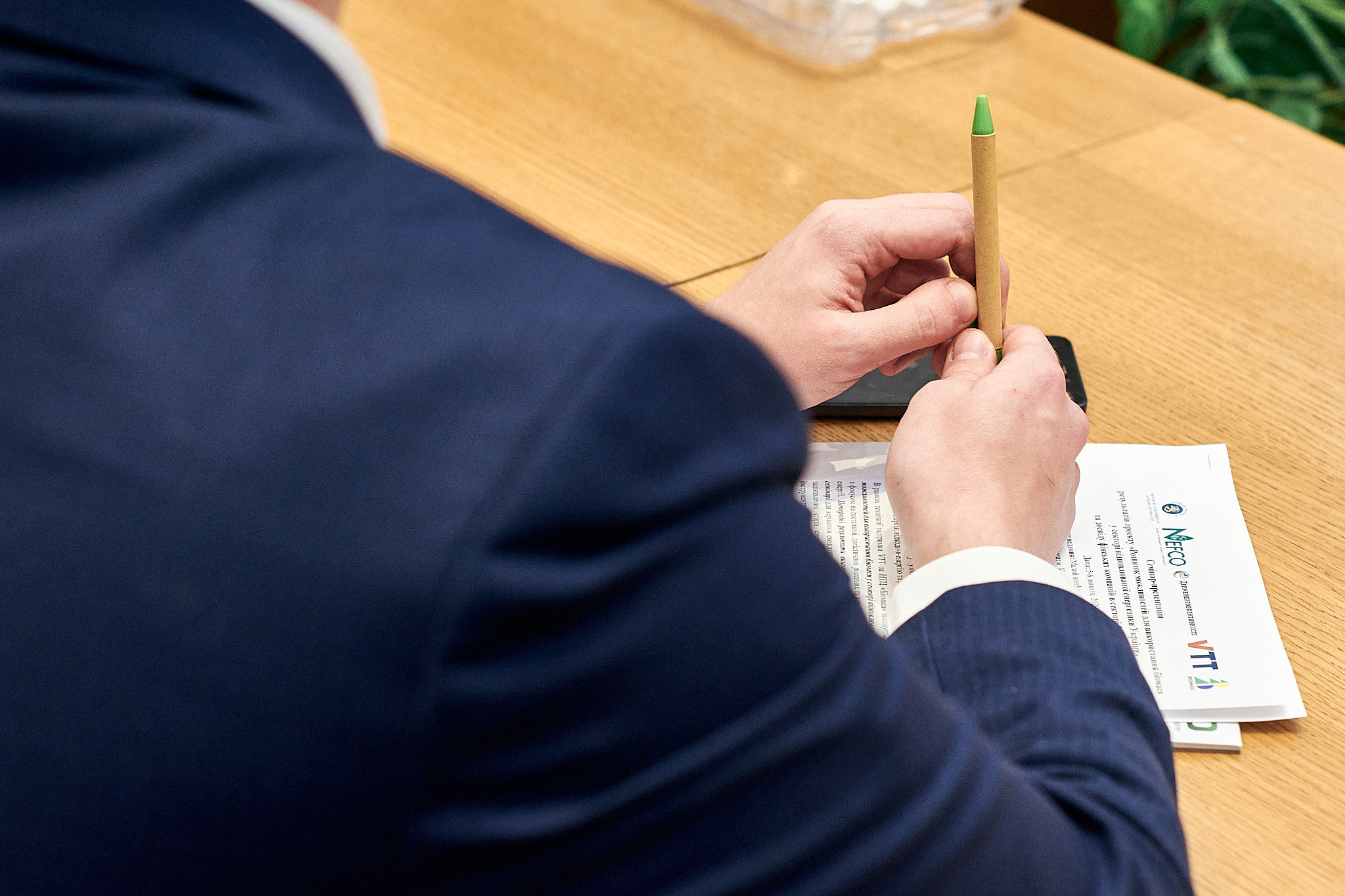The project “Ukraine Sustainable Bioenergy Value Chain Innovation – Knowledge Management Programme” received support from the EBRD and GEF and runs from April 1, 2023 to September 30, 2024 (18 months).

On July 26, the second meeting of the Working Group on Bioenergy Knowledge was held, in which 17 participants took part.
We will remind you that on May 25, the first meeting of the Working Group on Bioenergy Knowledge was held within the project “Ukraine Sustainable Bioenergy Value Chain Innovation – Knowledge Management Programme” with the support of EBRD and GEF, which was attended by 25 participants.
You can also find out more about the project to read the article about the project opening webinar, as a result of which the Working Group of the project was formed, which officially included 28 participants.
In order to improve efficiency, a week before the meeting of the Working Group, all its members receive the experts’ reports for review and comments, which will be taken into account in future developments. Before this meeting, all reports were also sent, in particular:
- A2 “Development of the matrix of knowledge and competences in educational programmes related to bioenergy”;
- A3 “Action plan for creating/updating educational programmes related to bioenergy”;
- C2 “Plan for the preparation and implementation of training courses for improving the qualifications of employees in the bioenergy sector”.
At the beginning of the online meeting, Alina Bilan, the project coordinator from the EBRD, welcomed the participants and emphasized that this stage of the project is very important, because its results should find practical application in many educational areas. Currently, the EBRD representative examines the reports and will provide her comments.
The first presentation on the report A2 “Development of the matrix of knowledge and competences in educational programmes related to bioenergy” was presented by the local senior project expert on education Hennadii Holub, prof., Ph.D., The National University of Life and Environmental Sciences of Ukraine, and a local project expert on education Savelii Kukharets, prof., Doctor of Technical Sciences, Polissia National University.
Savelii Kukharets presented programme competencies for specialty 145 “Renewable energy sources and bioenergy”, noting the mandatory availability of general competencies for all areas and specialties, as well as providing a proposed list of 18 professional competencies.

According to the experts, the professional competencies of this standard should include the engineering competencies of modern systems, such as automated design systems, as well as practical tasks, such as the integration of renewable energy and bioenergy systems into energy networks, studying the operation of devices that manage these systems and issues of efficiency and reliability of their work, as well as the ability to conduct a technical review of such systems. Particular attention in the competences is given to the issues of raw materials, in particular, types of biofuels, methods of their procurement and preparation for energy conversion.
“In the conditions of the war, it is important to direct funds to the defense capability and energy security of the country. Supporting the development of the bioenergy direction is also supporting the energy security of the country. After analyzing the project of the educational standard for specialty 145 “Renewable energy sources and bioenergy” branch of knowledge 14 “Electrical engineering”, project experts noted its narrow focus only on hydropower and additionally wave and tidal energy. According to experts, the draft standard should be expanded to include photovoltaics and, in particular, bioenergy, which is more in line with the resource specifics of our country and has the potential to create energy security,” said Savelii Kukharets.
Within the framework of the project, experts prepared an approximate list of necessary disciplines for the relevant educational programs of the first (bachelor) and second (master) levels of higher education, which are presented in the cycle of special (professional) training of educational programmes.
Savelii Kukharets also presented the educational programme “Bioenergy Systems” created by the project experts, which will study the issues of bioenergy more closely and will include a greater number of bioenergy disciplines among the mandatory components. The project expert emphasized that after studying under this programme, the graduate will receive a qualification not only in bioenergy, but in renewable energy.
The elements of the above educational programmes “Renewable energy sources” and “Bioenergy systems” can supplement the existing higher education programmes, improving the quality of specialist training, providing relevant knowledge of technical bioenergy.
It is very important that the presented educational programmes can also be integrated into other educational areas in higher education institutions without the need to create separate educational programmes, which is currently very difficult due to lack of appropriate specialists.
Savelii Kukharets noted that the specialty 133 “Industrial mechanical engineering” of the field of knowledge 13 “Mechanical engineering” can have a separate programme on bioenergy, aimed at the design and operation of machines and equipment for technical bioenergy. Such a programme will make it possible to train specialists with specific knowledge for the requirements of the region and specific stakeholders.
Alina Bilan thanked for the presentation and expressed her vision for the matrix of competences for different specialties, the purpose of which is to identify specialties with gaps and to update as many as possible related to bioenergy.
Georgii Geletukha reported that shortly before the start of the project, an appeal was received from Ivan Honchar (he is currently a member of the project’s working group) from the Ukrainian National Forestry University regarding the creation of the educational and professional programme “Engineering of bioenergy systems”.

Several consultations were held and currently this educational and professional programme has already been approved at University and the recruitment of students for September 2023 has begun.
The programme belongs to the first (bachelor) level of higher education and the field of knowledge 14 “Electrical engineering” in the specialty 142 “Energy mechanical engineering”. It is a first successful experience relevant to the project.
Ivan Honchar said that currently the admission campaign is underway at the Ukrainian National Forestry University and 5 state and 20 licensed places are allocated to the newly created programme. At the moment, 16 admission applications have already been received, but by the end of the admission campaign, all allocated state and licensed places are expected to be closed.
Next, event’s participants listened to the A3 report “Action plan for creating/updating educational programmes related to bioenergy”.
It is important to take into account that the introduction of educational programmes in higher education institutions involves a long process with many stages:
- programme approval,
- formation of a target group of students under it,
- providing of the support of the programme from the state (state funding places).
The new programme usually does not get state funding, so the experts focused as much as possible on modernizing the existing programmes with the inclusion of bioenergy components without changing the main specialties.
The first step, experts mean, is to change the educational standard “Renewable energy sources and bioenergy” to include the bioenergy issue.
Local expert Hennadii Holub pointed out the need to identify the main obstacles to the further development of bioenergy in Ukraine. Such an obstacle is the imperfect educational standard for renewable energy, the project of which is currently being discussed and which should be supplemented with issues of bioenergy as well, in order to make it possible for higher education institutions to create their educational programs in accordance with it.
In the future, this educational standard will become the basis for the development of educational programmes. As an example of such programmes, the expert presented the educational-professional and educational-scientific programmes “Renewable energy sources” and “Bioenergy systems”, which are recommended for implementation in Ukrainian universities after the approval of the educational standard. If there is no opportunity for higher education institutions to create separate programmes on bioenergy, the Action Plan proposes to integrate elements of bioenergy into existing educational programmes of higher education institutions.
Hennadii Holub specified an alternative way in case of non-acceptance of this standard, which provides that the guarantor of the educational programme at the higher education institution is obliged to modify the educational programme compared to the standard. This is necessary so that the educational programmes of higher education institutions must be different, otherwise they may not receive accreditation. These are the two main ways in which the A2 report developed a set of disciplines for university employees, which they can use in the formation of their programmes, taking into account the specifics of their higher education institution, human resources and technical support. Based on already selected disciplines, educational programs will be able to form appropriate matrices.
The key problem remains the lack of specialists for teaching disciplines and the need to train future teachers, as well as the need for help from stakeholders and additional funding for conducting experimental research for further scientific publications and improving the qualifications of teachers.

Summarizing, Savelii Kukharets emphasized that the specified programmes with integrated elements of bioenergy were approved and accredited by the National University of Life and Environmental Sciences of Ukraine and Polissia National University within the scope of the project.
The third and last report C2 “Plan for the preparation and implementation of training courses for improving the qualifications of employees in the bioenergy sector” was presented by the local senior expert of the project, Ph.D. Tetiana Zheliezna.
She spoke in detail about how the educational process will be built.
The head of the Working Group, Georgii Geletukha, director of Biomass Scientific Research Center, noted that the training programme of 30 lectures has already been formed, speakers and dates have been determined. Training is scheduled to begin in November 2023. Lectures will be held twice a day and will be presented in Ukrainian.
The lectures will be divided into three topics:
- Training course on biogas/biomethane;
- Training course on the use of biomass for the production of thermal energy and combined production of thermal and electrical energy;
- Training course on procurement and supply of biomass for energy needs.
The topic is determined by the experience of the Bioenergy Association of Ukraine cooperation with business. These issues are relevant to business representatives needs and can compensate a lack of knowledge. In general, the training courses of the project are oriented more towards business, therefore they update issues of technical and economic justification, Ukrainian legislation, etc.
Each course will include 10 lectures with a total duration of 20 academic hours. It is expected that at least 300 participants will take the courses in three areas. The final version of all video recordings of the lectures will be uploaded to a specialized platform.
Each training course will last one week, after which a one-week break is planned before the start of the next training course. Lectures will be held on weekdays in the afternoon, two lectures per day with a break. The duration of one lecture is one and a half hours, which corresponds to two academic hours.
“In addition, it is planned to prepare educational material and hold several lectures on the general topic of the bioenergy sector development for management and administrative employees of bioenergy facilities and companies,” said Tetiana Zheliezna.

In addition to Ukrainian, two international experts participate in the preparation of the lectures. One of the experts — Michael Kettner, MD, represents the International Biogas and Bioenergy Competence Center (IBBK), which regularly conducts training courses on biogas and biomethane. He will be responsible for the first training course.
The second international expert, Algirdas Jasinskas, professor, Grand PhD, Vytautas Magnus University, will prepare lectures for the next two courses in English. Translated and revised lectures will be presented within the schedule of training courses by Ukrainian experts in the Ukrainian language.
In the future, we will inform about the next meetings and news of this ambitious project.
Photos: archive of the Bioenergy Association of Ukraine.